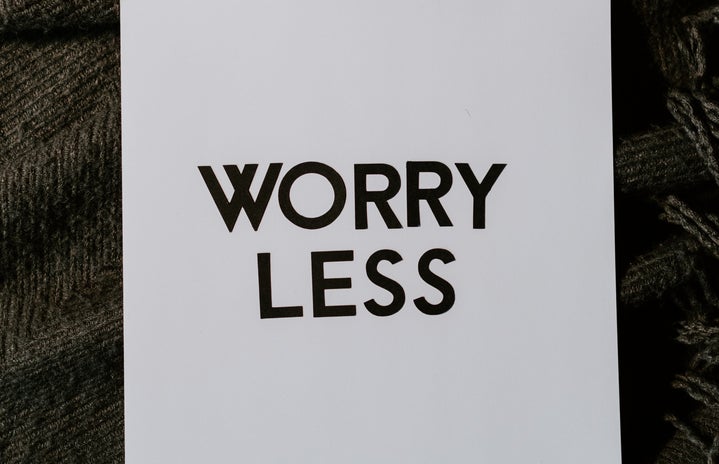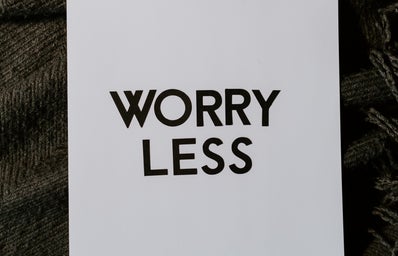Imposter syndrome is often defined as a belief of incompetence or a feeling of self-doubt when it comes to accomplishments. People who experience imposter syndrome often feel like frauds and exhibit a fear of being exposed as such, even if they are qualified for a role.
History
The term imposter syndrome originated in 1978 when Dr. Pauline Clance and Dr. Suzanne Imes published their paper, “The Imposter Phenomenon in High Achieving Women: Dynamics and Therapeutic Intervention.” After interviewing several “highly successful women,” Dr. Clance and Dr. Imes discovered that, even though each woman had external evidence of success, they all attributed their achievements to luck instead of their own skill. It should be noted that while this paper, and proceeding research from further studies, indicates that women are more prone to experience imposter syndrome, men are also widely affected.
imposter syndrome in relationships
Most examples of imposter syndrome are associated with career and educational accomplishments. Still, feelings of insecurity and self-doubt can also arise when it comes to relationships and sex—even if the relationship is a good one. People who experience imposter syndrome in their relationships often have thoughts including, “My partner deserves to be with someone better” or “I’m not worthy of being in a good relationship.” Online, there are many examples of users experiencing these thoughts when it comes to both current and future relationships. One Redditor on r/dating expresses their concern about how they’re perceived while online dating:
“I feel like I’m not as good-looking as my pictures and I’m just going to disappoint them. I don’t get much attention irl so I feel like I’ve misrepresented myself and so I get scared and don’t reply to good-looking people.”
Another user on r/dating_advice shares a similar sentiment of not feeling good enough when compared to their partners:
“When I date, I always tend to view myself as ‘less than,’ Inferior than the person I’m dating, and when they really like me I feel as if I have tricked them into liking me and that I don’t really deserve their admiration, and I fear eventually they find out I’m truly not worth their love.”
how to prevent imposter syndrome from eroding your relationships
When feelings of imposter syndrome are present in relationships, it can have several negative effects, including an inability to emotionally connect, lack of trust, poor communication and self-sabotage. In her blog, Karen Nimmo, an author and registered clinical psychologist, recounts an interaction she had with a client. During their session, Nimmo explains how her client “felt like an ‘imposter’ in her relationship. She felt unworthy of her partner—and it wasn’t the first time. A bright, confident woman professionally, she became uncharacteristically clingy and needy when in a relationship with someone, even when it was too early to be sure if she was really into them.” Nimmo continues by saying how, even though her client admitted to subconsciously knowing that she was worthy enough to be in the relationship, she was still plagued by anxious thoughts and behaviors.
In response to her client, Nimmo explains how insecurity in relationships, if left untreated, leads to paranoia and lack of trust. Therefore, imposter syndrome can destroy even the best of relationships. To subdue imposter syndrome in relationships, Nimmo suggests six tips:
- Step into their shoes — Nimmo explains that, when dealing with imposter syndrome, it’s easy to get lost in our thoughts and only see things from our own perspective. Stepping into your partner’s (or prospective partner’s) shoes and considering the relationship from their perspective can bring comfort because they might also be experiencing imposter syndrome.
- “If you’ve built a wall, give them a ladder” — feeling insecure can sometimes lead to building an emotional wall to prevent ourselves from getting hurt. However, Nimmo explains that building walls also has the potential to turn away deep, meaningful relationships. Instead of pushing people out, Nimmo suggests sitting down with them and talking to them about your feelings—even if it seems scary at the moment.
- “But if you’ve opened the floodgates, give them a dam” — this is the opposite reaction to not letting people in. Instead, we tend to deal with imposter syndrome by being overly needy in our relationships. Nimmo reminds us that while some neediness is okay, too much can be exhausting and push people away. She suggests learning how to hold back our neediness by sitting with anxious thoughts and managing our own insecurities without heavily relying on our partners.
- Sit down with yourself — even though anxious thinking can seem like a bad thing, Nimmo explains that relationship overthinkers usually tend to be great counselors for their friends. If you’re one of these people, she suggests taking your own advice and talking to yourself like you would with one of your friends; be understanding and encouraging!
- Stay in the moment — Nimmo points out how most anxious thoughts arise from thinking too far ahead or focusing too much on things that happened in the past. She reminds us to live in the moment and to examine our relationship as it is now, not as what will happen or could have been.
- “Know you’re worthy of love, always” — this last tip from Nimmo is the most important when it comes to dealing with imposter syndrome. Looking at the earlier Reddit posts, most of the insecurities stemmed from not feeling good enough to be loved. Nimmo reminds us that this is never the case, “The person you’re with shouldn’t govern your personality and mental state. And if they are trying to, it’s time for a different conversation. The key thing to hold onto is your sense of self. You were okay before this relationship, and you will be again on the other side of it. Trust that.”
While imposter syndrome can be difficult to overcome, it is not impossible. Start by taking small steps, identify anxious thoughts as they arise, and remember that everyone at some point experiences imposter syndrome. If you’re in the position of being in a good relationship or having the potential to be in a good relationship, why sabotage that?



